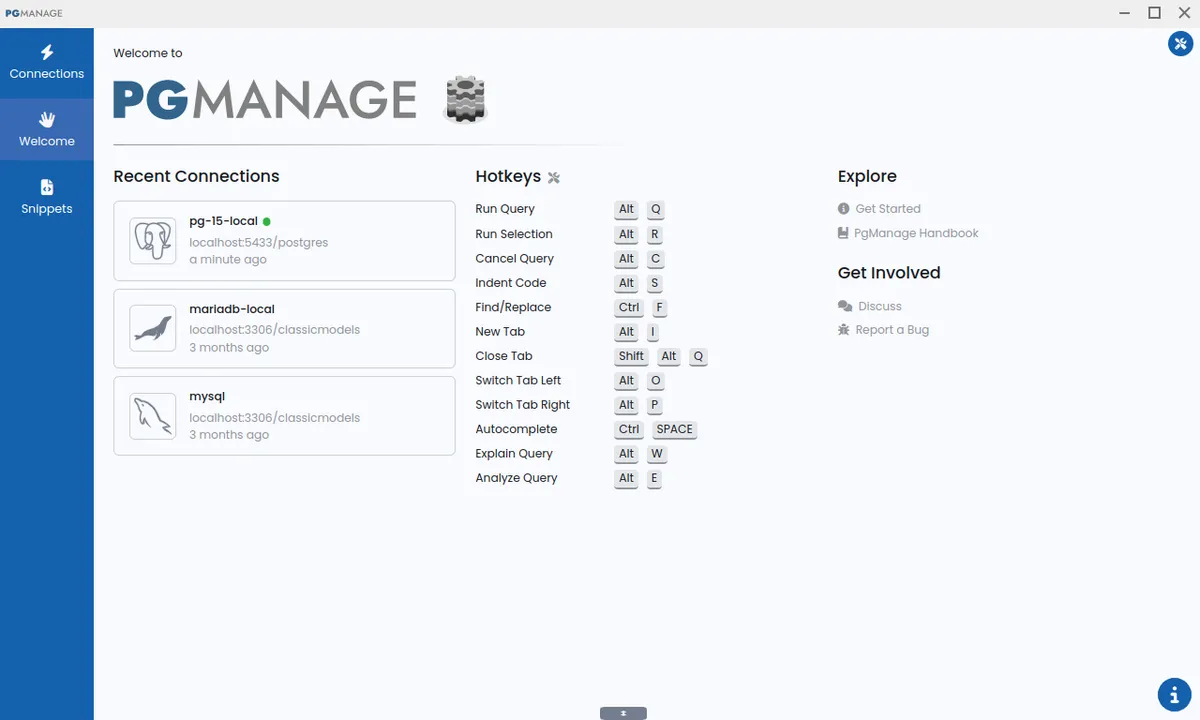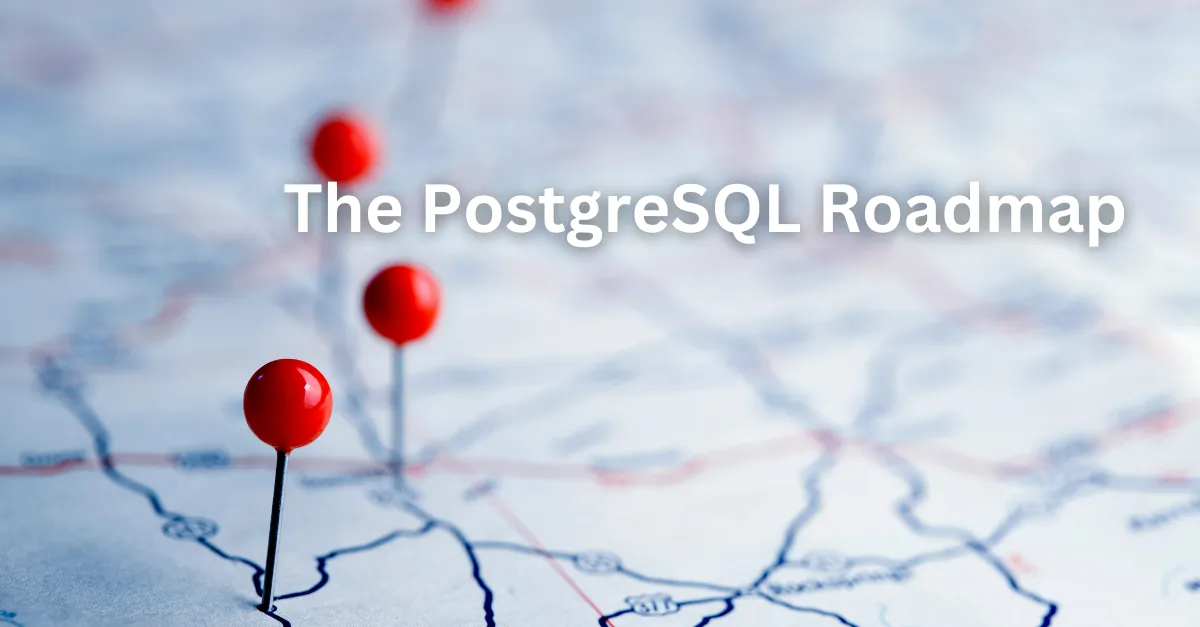
Part 4 of our PostgreSQL Autovacuum Failure Series explores how session-level temp tables in RDS can silently stall autovacuum—and how we resolved it. Learn why monitoring and visibility are critical in managed cloud environments.
Anytime. Anywhere. Since 1997.

Part 4 of our PostgreSQL Autovacuum Failure Series explores how session-level temp tables in RDS can silently stall autovacuum—and how we resolved it. Learn why monitoring and visibility are critical in managed cloud environments.

PgManage 1.3 is here with major updates including a redesigned dashboard UI, JSON export, code folding, PostgreSQL 17 support, and more. This release focuses on usability, performance, and cross-database compatibility, enhancing your workflow whether you're using PostgreSQL, MariaDB, MySQL, or others.

Series Summary: This is Part 3 of a multi-part series on PostgreSQL autovacuum failures.
In Part 2, we reproduced the autovacuum failure issue — now let’s understand why it happens. This post dives into PostgreSQL internals, explaining how autovacuum allocates its resources and why certain databases get “stuck” in maintenance limbo.
This behavior stems from how the autovacuum daemon allocates its resources. Autovacuum identifies the …

Series Summary: This is Part 2 of a multi-part series on PostgreSQL autovacuum failures.
In Part 1, we introduced the scenario where autovacuum mysteriously halts in a multi-database PostgreSQL cluster. Now, we’ll reproduce the issue using a lightweight test setup. This walkthrough will help you see the failure in action and understand how quickly your system can degrade.
Let’s …

This blog series examines PostgreSQL autovacuum failures, focusing on temp tables and multi-database edge cases that cause bloat, slowdowns, or XID wraparound risks in complex environments.
An interesting micro optimization for pg_dump is coming in PostgreSQL 18.

On a recent call, a potential client shared their frustrations with the high costs and limitations of their managed services cloud platform. While reaching out to potential support providers, they often encountered companies that only supported PostgreSQL's community edition or pushed their closed-source editions. This experience highlighted the need for a consulting partner who takes a vendor-neutral approach.
Command Prompt prides itself on integrity, discipline, and excellence. We’re straight …

Command Prompt: Your U.S.-Based Partner for Navigating Compliance in Regulated Industries

PostgreSQL is an open-source, feature-rich, and highly extensible relational database system used globally across countless sectors. Over the years, it has grown significantly with each release, becoming one of the most reliable databases for developers and enterprises. Let’s explore the PostgreSQL roadmap, focusing on its major version changes, key features introduced in newer releases, use cases, and why upgrading is essential for better stability and performance.
PostgreSQL's Naming Convention Shift: …

The latest version of PgManage has been released! PgManage 1.2 Release introduces new features and improvements, and addresses several bugs reported since the last release. Please update to the latest version at your earliest convenience.
New features: